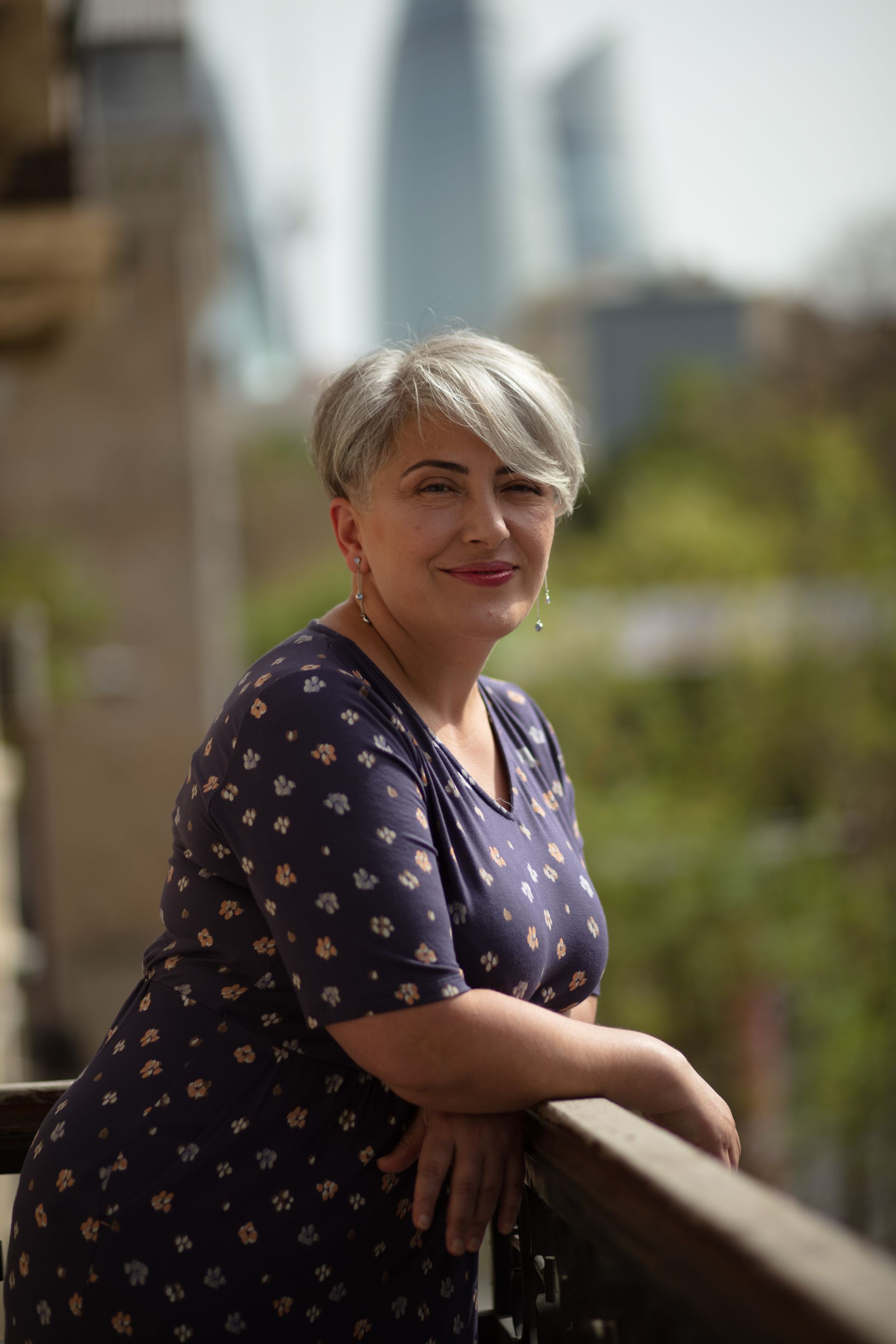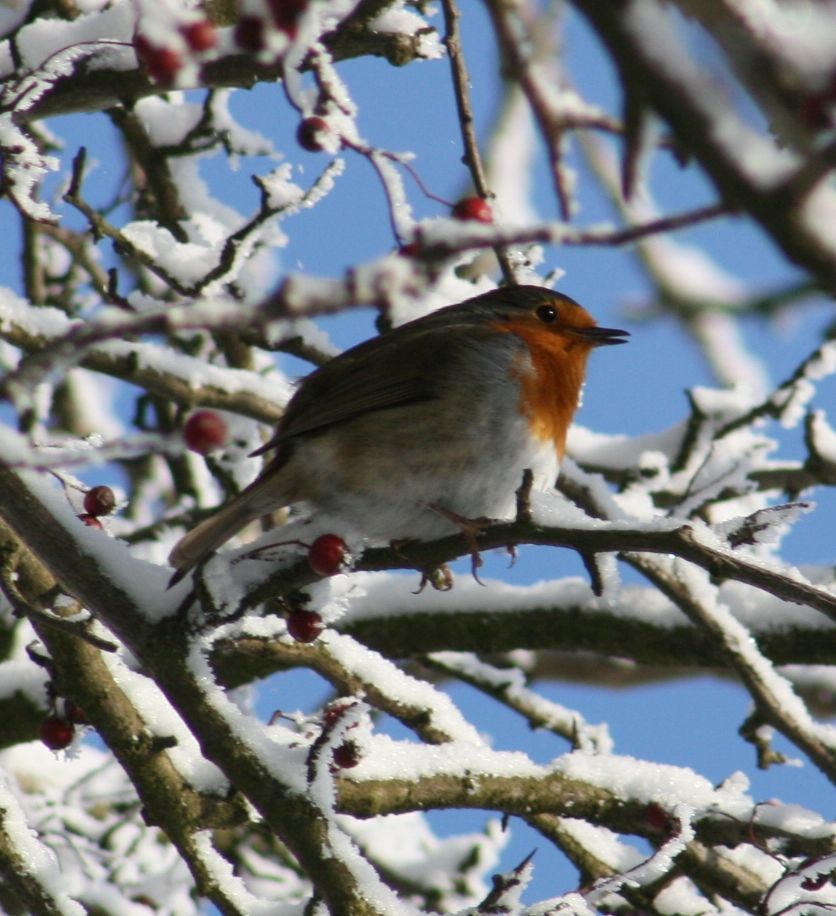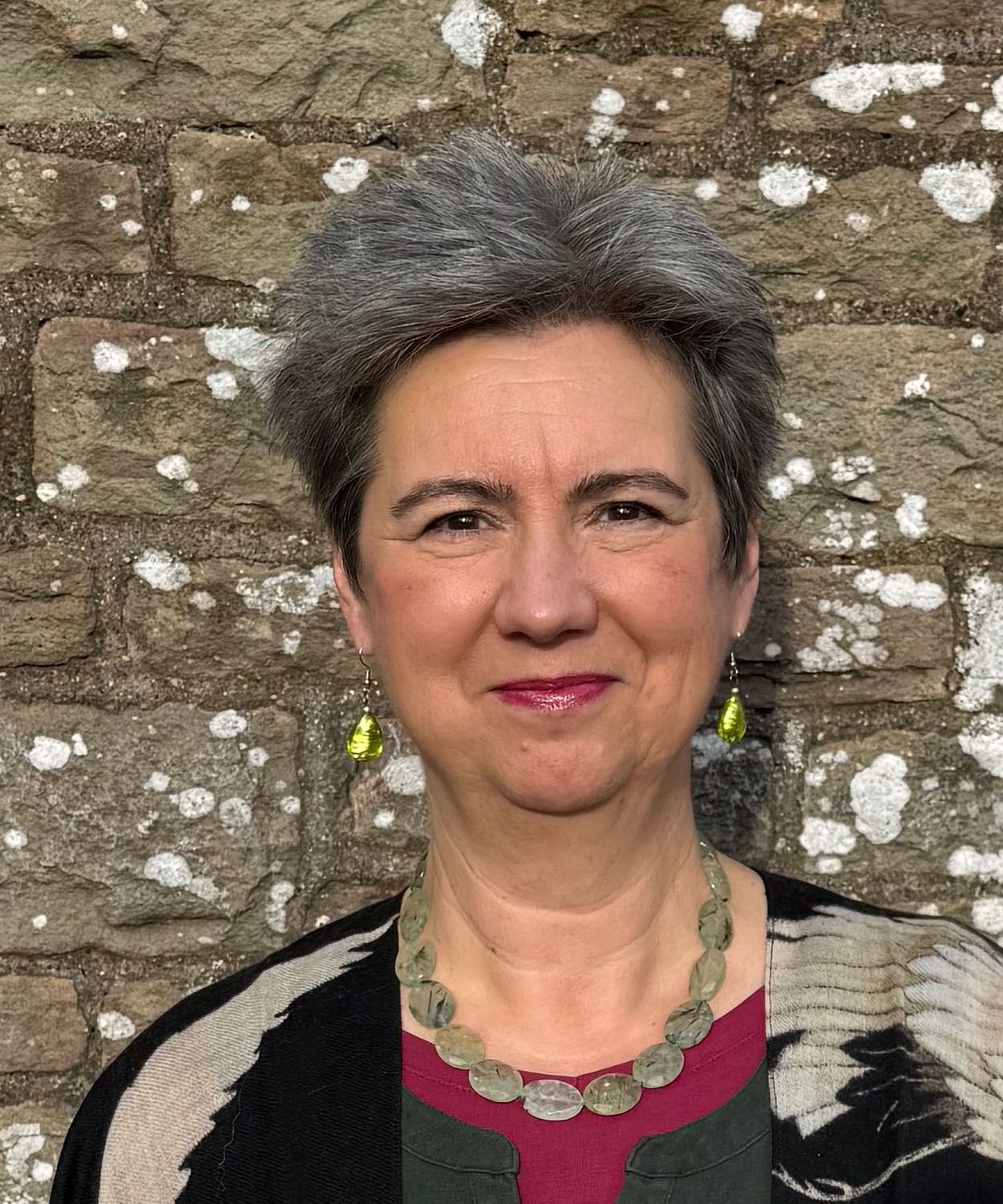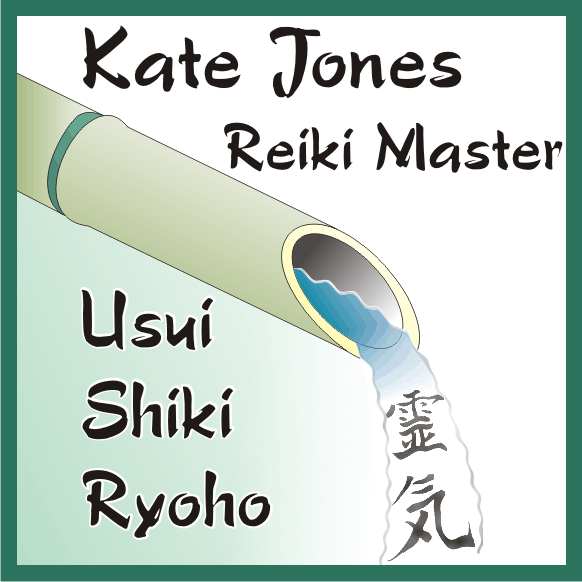Remembering Feona Gray
From a difficult relationship to a lasting friendship

I first met Feona Gray at a Reiki Association gathering at Buckland Hall in Wales. She was one of many people who came that weekend to share Reiki, fun and deeper exploration of our practice. She wasn’t someone I immediately took to, but her enthusiasm for Reiki was clear.
A few years later Feona and I served together on The Reiki Association Council (governing body of the Association). I found her difficult to communicate with and we had many heated discussions! She was passionate, had great energy and could also be very stubborn. She had a background of many years building businesses in the travel industry. With all her experience in editing travel brochures and websites, he had a keen eye for good text and knew how to build a successful website. We initially clashed about these things, because she had strong ideas about what should (and should not) be done and I had similarly strong views that did not match hers.
So when we first worked together I used the Reiki principle of ‘Just for today do not anger’ rather a lot! I just couldn’t see her point of view and felt she was not able to see mine. Over time, however, I began to understand her perspective and to respect her experience. Gradually, although we still often did not agree, we learned to communicate better and together brought about changes in The Reiki Association that were much needed at the time. By the time we both finished our terms on Council we had mutual respect and a strong friendship that lasted to her death last month.
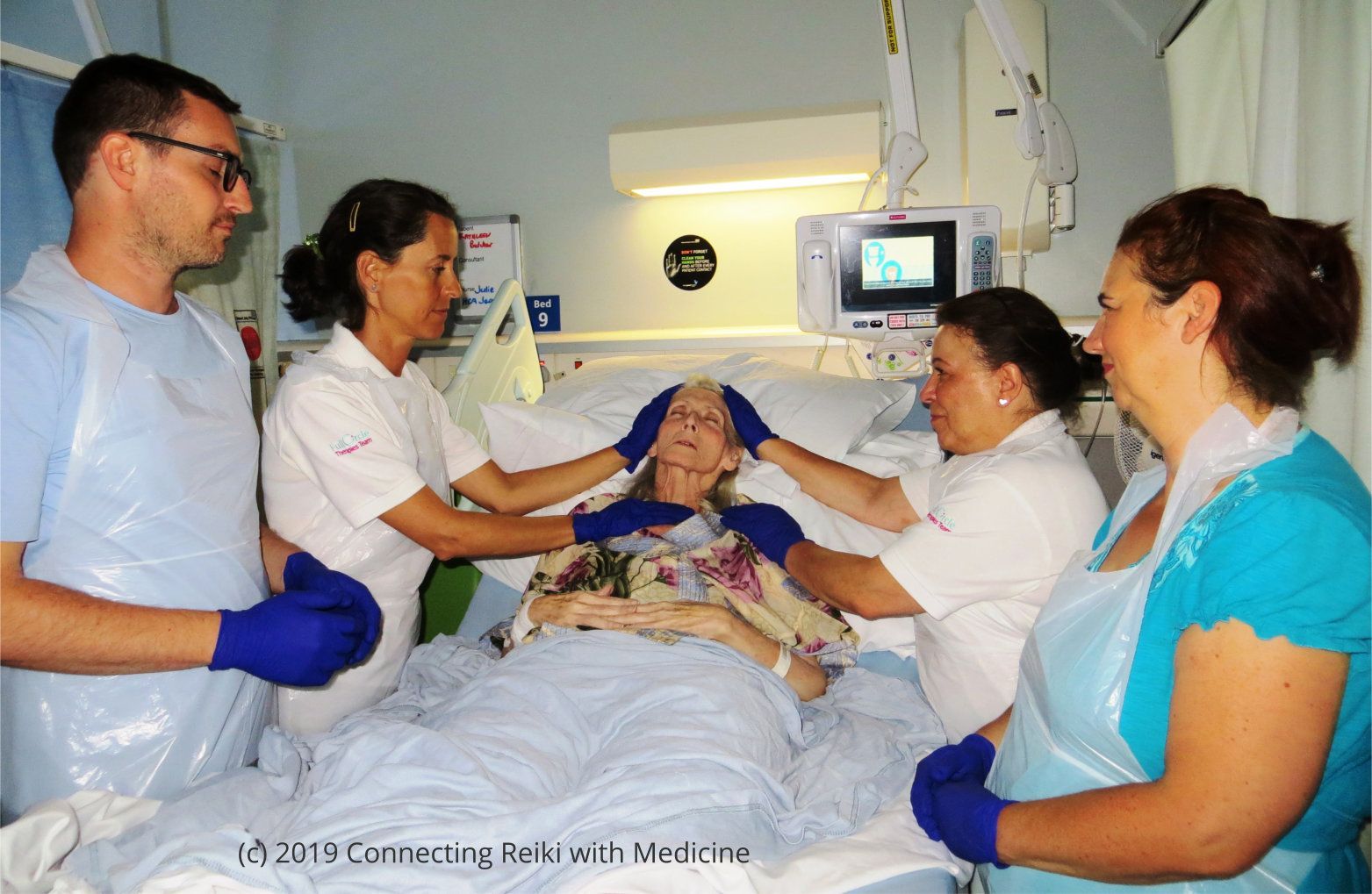
Feona was passionate about seeing Reiki integrated with conventional medicine. She brought her energy and expertise to this field, helping to set up the successful project Connecting Reiki with Medicine at St George’s hospital, through which NHS patients in some wards are able to receive Reiki treatment from professional Reiki practitioners who are paid for their service. I enjoyed visiting a few years ago to see the positive results of this project. I was touched by one of the ward sisters commenting that they know when the Reiki practitioners are on the ward because there’s a feeling of calm and peace that arrives with them.
It wasn’t easy to have Reiki practitioners accepted in this way and Feona was one of the people whose tireless work ensured it would happen. This project also has the aim of producing well-designed case studies, pilot studies and clinical research. An abstract on improving quality of life for cancer patients through Reiki treatments was accepted for presentation at the International Cancer Surgery Conference, in London in 2019 and showed that all patients who received Reiki experienced a reduction in their main difficulties, by 32% on average. Pain, sleep difficulties and anxiety were most frequent symptoms. 10% of patients reported their symptom score reduced to zero. It was noted that the patient evaluation form needed to be adapted to record ‘patient asleep’ as so many were and this was a positive outcome that was not otherwise recorded.
Feona also set up the Reiki Healthcare Research Trust (RHRT) - which I was delighted to become a director of - because she could see that for Reiki to gain trust and understanding in the medical world, more robust research is needed. RHRT also has the aim of education for both Reiki practitioners and the medical profession. For Reiki practitioners she wanted them to understand that you can’t expect to be accepted on hospital wards without good preparation and understanding of what is required of us as practitioners. For the medical profession it’s about helping them to understand the potential benefits of Reiki for their patients and what to look for in a properly prepared practitioner.
It was through RHRT that I had most contact with Feona recently. We came up with the idea of offering regular webinars, both to fulfil the educational aims and to raise funds for the Trust. Feona spent many hours, often late into the night, talking with potential speakers and others who could offer ideas for the webinars. I hosted and also did the background work setting up the registration, Zoom etc. There were again times when Feona and I had differing ideas about how things should be run, but we also had some wonderful (long) conversations about potential topics and about Reiki as an integrative healthcare option, a passion we shared.
Communication with Feona often took a lot of time. She had an amazing mind that could bring in a host of topics. Her emails could be equally long and I had to let her know that if she didn’t write briefly, I would miss the point in the long epistles! This she was able to do, although she still loved a long chat when time allowed.
During the Covid pandemic Feona helped to set up Reiki Medic-Care, which offers 4 free distant Reiki treatments to NHS staff. This is also a research project because the recipients are asked to complete a questionnaire about their experience. Enough useful data has been gathered from this to produce some good research, some of which was published in an Abstract as an ePoster in the Integrative Medicine & Health Symposium 2021.
Feona was committed to Usui Shiki Ryoho Reiki and had a strong ethic of being in service to the Reiki community and people in general. She worked tirelessly, often late into the night so that she could talk with people in other time zones, frequently neglecting her own needs for rest and food. She had great faith in the power of Reiki to heal, having survived a life-threatening illness thanks to Reiki and other complementary therapies earlier in life when conventional medicine offered a poor prognosis. She firmly believed the same was possible again when her final illness was diagnosed, but eventually saw that her life was coming to a close. She continued to work as long as possible while also enjoying planning her funeral (just in case).
During one of our conversations in which she was telling me about the funeral I offered (having become very fond of her) to sing something for her. She was delighted with the idea but wanted a ‘Reiki choir’ rather than me alone. She invited various people for this choir and gave me the list of names, with the understanding that I would bring them together and organise the singing. We also discussed the song and after some research I found ‘the Iona Boat Song’ which she had not known, but felt was very appropriate because her family is from that part of Scotland and Iona was a special place for her.
This was a personal challenge because I had not led a choir since I stopped during the Covid pandemic. However, Feona was a great example of how to be determined in the face of resistance, so in her honour I did what I could to prepare everyone to sing at her funeral. Although we only had one brief rehearsal in person, with Reiki supporting us it went well. The funeral was indeed the special day for us all she intended.
I am grateful to have known Feona and for all that she taught me. In her honour I look forward to continuing the work she started. I share her passion for seeing Reiki more accepted and understood, especially by medical professionals, so that it can bring ease and peace to people in hospitals, hospices and other healthcare settings, including the staff themselves.
So although I found Feona difficult initially I came to love her and admire her ability to achieve so much on behalf of Reiki. I miss her and will miss our long conversations!
